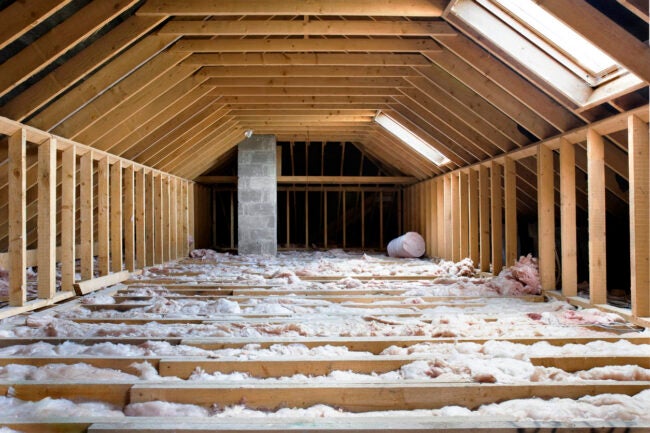In this article, we are going to take a look at some useful tips and tactics for saving gas and electricity at home.
-
Switch off standby appliances
You can save up to £30 a year by switching appliances off at the plug.
Plug sockets that can be switched off and on remotely using your phone are a great option as they make it easier and more convenient to switch off rarely-used appliances.
You can also consider low-cost timer plugs to schedule switching appliances off.
-
Install a smart thermostat
Smart thermostats help you save energy by only supplying heat to the rooms you are using.
These devices use well-designed algorithms to figure out how long it takes to heat or cool a room and work to have it at the right temperature right on schedule.
A smart thermostat can also be controlled through your phone meaning that you can adjust your thermostat remotely and have your home at a comfortable temperature when you get home.
-
Dial down your thermostat
Did you know that heating and hot water costs account for nearly 50% of the average household’s energy bills?
By reducing your heating by just one degree, you can save up to £80 a year.
-
Use energy-efficient appliances
If your appliances are still in great working condition, it won’t be economical to just throw them out. However, if your appliances are old or damaged and you are looking to buy new ones, then consider going for ones with a high-efficiency rating.
Over an 11-year service lifespan, an appliance with an A+++ rating will use up to £65 less energy than an appliance with an A+ rating.
It typically costs £7 less a year to run modern, efficient dishwashers compared to older models.
You can expect to save up to £320 on your energy bills with an A+++ rated fridge over the course of its lifetime compared to an A+ model.
-
Install a new boiler
Switching to a new A-rated condensing boiler with a programmer, thermostatic radiator controls, and room thermostat will help cut your energy costs. Servicing the boiler regularly can also help according to Corgi
Going by the fuel prices in March 2019, a single-family home can save about £300 per year by upgrading to an A-rated boiler from a G-rated boiler.
-
Wash clothes at a lower temperature
Instead of washing your clothes at 40 degrees, consider washing them at 30 degrees. You will still have the same results but more importantly, you will save on your energy expenditure. You can also remove one wash cycle per week to save £5 on your annual energy costs.
-
Use water smartly
Instead of washing under a running tap, use a bowl or bucket to save £25 per year.
You can save up to £18 per person per year by installing a more efficient showerhead. This amount is even higher if you have a water meter.
A shower timer can help you avoid spending more time than necessary in the shower. You can save nearly £7 per person per year by shortening your shower time by just one minute.
-
Consider double glazing
Double glazing offers superior insulation against the cold and lowers your heating costs. As a bonus, it helps to keep the outside noise out.
In case your semi-detached home has single-glazing, upgrading to A-rated double glazing allows you to save up to £110 per year.
-
Draught-proof your property
Cold draughts are amongst the biggest culprits when it comes to indoor heat loss. To deal with this problem, invest in draught excludes and draught-proofing kits.
Also, close unused chimneys, seal off cracks in skirting boards and floors and line your letterbox to save up to £35 per year on your heating bills.
If you aren’t able to get double-glazing, installing plastic lining around your windows will help to retain indoor heat and save energy.
-
Insulate your roof
A poorly insulated attic can significantly increase your heating costs. Attic insulation will help to address this, however, it is a complicated process that requires the services of a professional roofer.
It goes without saying that attic insulation can be expensive, however, you can enjoy up to £135 savings per year on your energy bills if you live in a semi-detached house.
-
Track your energy consumption
Monitoring your home’s energy use will help you determine where you are using the most energy and if you can make some necessary changes.
A Smart Meter allows you to keep track of your energy consumption with accurate and real-time information. Check out our guide to Smart Meters to learn more about these devices.
